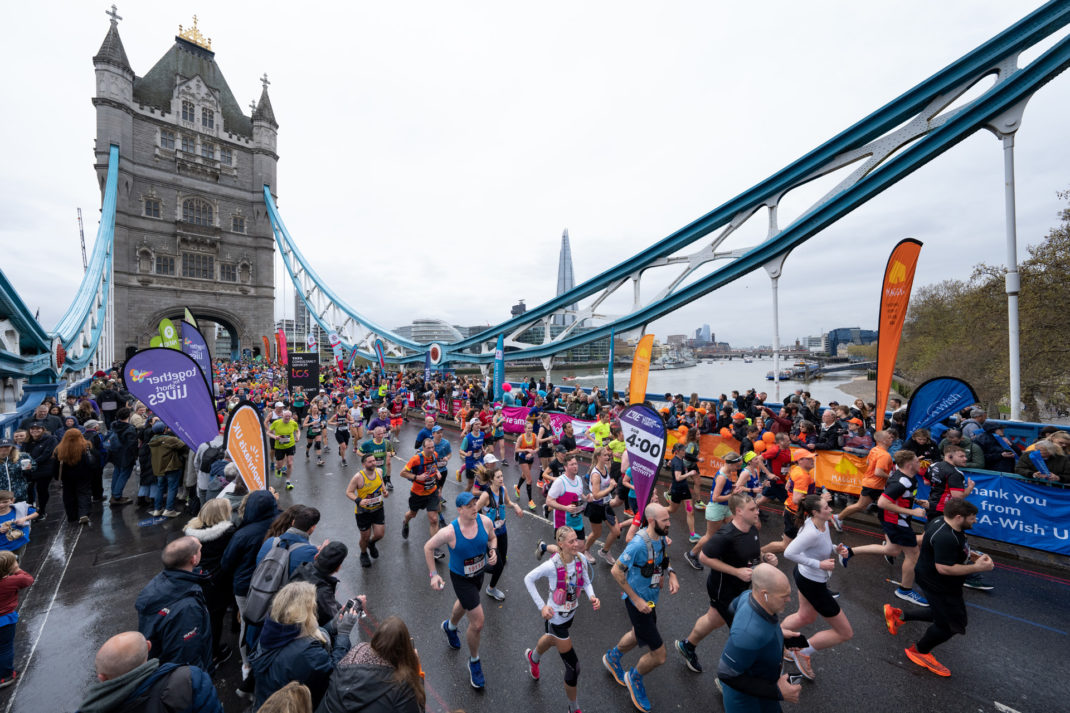Can You Outrun Stress? Maybe.
By
4 years ago
It turns out that your 'Runner’s High' is a real thing...

The idea that exercise can boost your mental health is nothing new, it has long been recommended to help fight depression, reduce anxiety and improve self-esteem. But measuring the benefits has always been tricky, until now. A new tool has been developed to track the effects you actually get from exercise, thanks to research carried out by San Francisco bioinformatics company EMOTIVE and Dr Brendon Stubbs, exercise and mental health researcher at King’s College London.
The team, in collaboration with Asics, spent six months studying elite and everyday athletes using EEG (electroencephalogram, or a recording of brain activity) and using self-reporting data. They found that the ‘runners high’ we get is more complex than just an endorphin boost – and much more significant than one hormone.
It turns out that after a short amount of physical activity, everyday athletes experienced an overall emotional uplift, including up to a 29 per cent improvement in their ability to cope with stress and up to an 18 percent increase in their relaxation levels. They also reported a significant drop in negative emotions like frustration, (up to 135 per cent) and were up to 28 per cent less prone to making rash decisions and reacting negatively to challenges or disruption.
Working with creative technology lab Solarflare Studios, the scientists turned these findings into an online tool that anyone can use. Using a combination of facial scanning technology and self-reported data collection, it allows everyday athletes, no matter how out of shape you are to start with, to see the impact of nearly any activity (there are 25 to choose from) on your own mind, capturing the impact of different exercises across 10 emotional and cognitive metrics. The tool takes a reading of emotions and brain function pre- and post-exercise, that shows how the sport you have chosen has boosted mood and brain function.
Gary Raucher, executive vice president categories at Asics EMEA, says: “We know Covid-19 has put even more pressure on the wellbeing of millions of people. We also know and believe that sport and movement can lift spirits and help people feel better. For us, 2021 is about unlocking the unique power of sport to uplift our minds. That starts with encouraging people everywhere to move with us at sunrise and will continue throughout the year as we demonstrate our commitments to our founding philosophy of a sound mind, sound body.”
Following your run, you scan your face and answer a series of questions about your mindset and emotional state (ie how stressed do you feel right now, on a scale of 1-10). After the exercise, you carry out the same steps – resulting in a percentage score. Early results suggest that significant improvements are typically found in all 10 areas. And the bump you get is even bigger and lasts longer for those who of us who do not already exercise regularly, (great news if the last 18 months has been a stumbling block in your fitness journey).
This data will feed into a live global study, capturing individual Mind Uplifts from around the world and visually transforming them into an interactive World Uplift Map. The map will quantify the positive impact that sport is having on the collective mood of cities, nations and the world as a whole. Through the live study, the brand is trying to deepen its understanding of the relationship between movement and the mind on a global scale, underpinning its belief that sport has the power to uplift minds all over the world.
Ready to hit the road? Check out our edit of the best running routes in London
Photo by Jeremy Lapak






